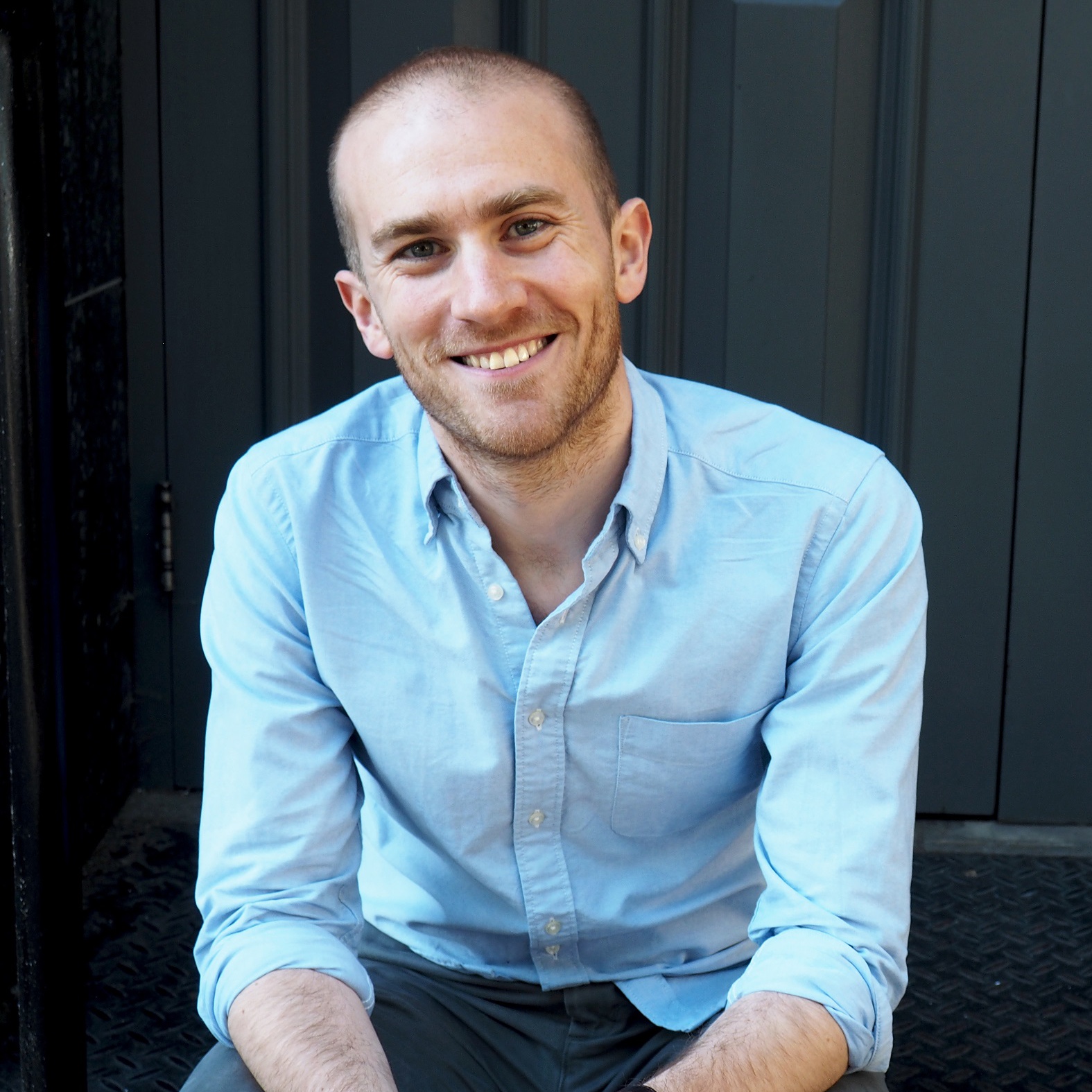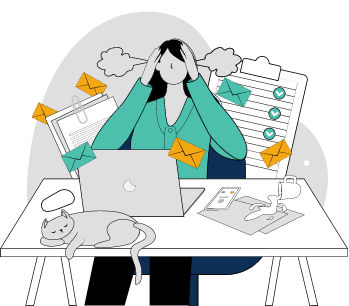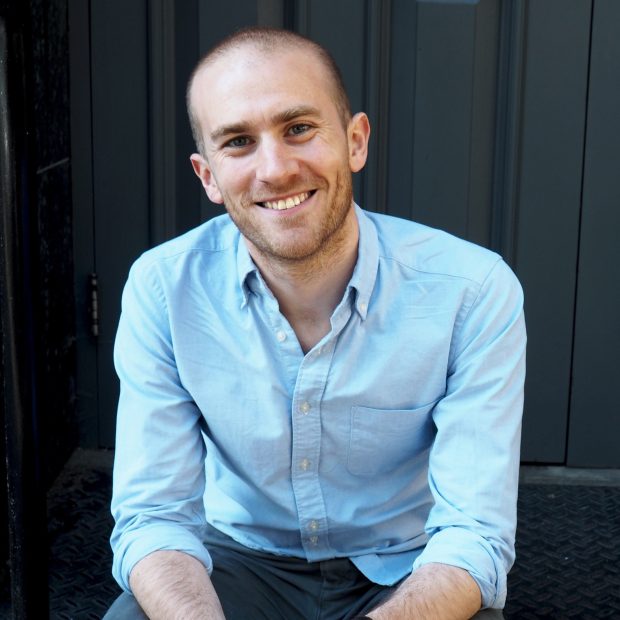Listen to this episode
On this episode
For high-stress professionals like us, one of the biggest obstacles to making a change in our lives or pursuing our great ideas is time. You might feel overwhelmed by the change you want to make or afraid of what other people would say. It’s your choice not to let these reasons stop you from changing your life.
Robbie Swale changed his life by using 12 minutes of his week. He joins us in this conversation to discuss an amazing realisation he had: you can achieve so much by taking a little bit of your time. He discusses the challenges of nurturing your great ideas and how to overcome those obstacles. Robbie also dives into the four phases of creating something new and the importance of starting.
Don’t let your great ideas go to waste. Learn how to change your life in 12 minutes when you tune in to this episode.
Show links
Check out the Shapes Toolkit for training tips to help manage stress and overwhelm.
12-Minute Method Series by Robbie Swale
Book 1: How to Start When You’re Stuck
Book 4: How to Share What You’ve Made
Smart Passive Income podcast with Pat Flynn
You Are Not a Frog Episode 154: How to Fix Your Broken Meetings
Eat Pray Love by Elizabeth Gilbert
Big Magic by Elizabeth Gilbert
Magic Lessons podcast with Elizabeth Gilbert
The Coach’s Journey Podcast with Robbie Swale
The 12-Minute Method Podcast with Robbie Swale
Robbie’s writing blog
About the guests

Robbie Swale is a leadership coach. His life journey and experience in different careers as a director, leader, and now coach have helped him see things differently. Robbie has worked with entrepreneurs, investors, theater directors, and other coaches.
Robbie is also an author and a podcast host. He wrote the 12-Minute Method Series, which includes: How to Start When You’re Stuck, How to Keep Going When You Want to Give Up, How to Create the Conditions For Great Work, and How to Share What You’ve Made. You can also find his writing on his blog. Robbie hosts the Coach’s Journey Podcast for coaches and The 12-Minute Method Podcast.
Follow Robbie Swale
Reasons to listen
- Find out the main excuses your mind can come up with and learn how you can overcome them.
- Discover how small and steady can help you win the race and achieve great things.
- You have more time than you think — enough time to start changing your life this week!
Episode highlights
Robbie’s Journey of Great Ideas
Doing the Same Thing, Differently
Great Ideas VS Criticism
The Power of the Tortoise
Practice Makes Better Relationships
Breaking Down Career Change
Keep Going
Managing Time for High-Stress Professionals
Getting Started
Executing Your Great Ideas: Just Start
Robbie’s Top Three Tips to Start Changing Your Life
Episode transcript
Rachel Morris: Have you got something you’d like to do that’s been sitting in your head for ages but never made it past the idea stage? Or would you like to change your role, your career or even fix a difficult relationship? Perhaps you’d just like to take up something new and exciting, but something stopping you. If you’re like most doctors and other professionals in high stress jobs that I know, you’ll tell me that you just don’t have the time, but perhaps, you secretly know that a lack of time is just masking other reasons for why you…










